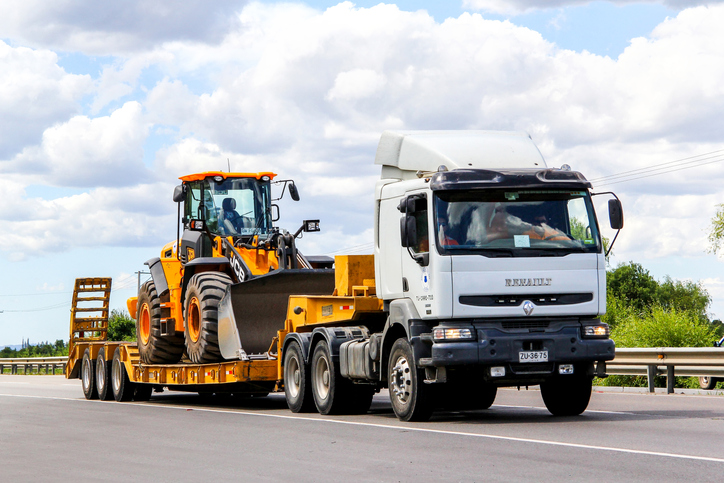Whether the job is a brand spanking new high rise development or an insurance claim for a damaged roof, communication can mean the difference between a good project and a project gone wrong.
There are so many aspects to construction: so many players, so many stakeholders. Even small projects often fail because of one reason: failure to effectively communicate. Setting up communication expectations at the beginning of a project is one way to ensure success.
Here are a few critical communication tips that can be used on every construction project;
- Choose a Communication Method and Stick with It: At the start of the project, agree on how you are going to communicate with other project participants. Whether you decide to use text messages, slack channels, emails or faxes, make sure you communicate effectively and consistently using the chosen method. It is extremely important to set the method of communication for specific tasks so all project players are on the same page.
- Contact Information: This seems simple, but it is surprising how often this is overlooked. Make sure to get the correct contact information for everyone, especially the decision makers.
- Keep Written Communication Professional at all Times: We’ve all been yelled at, and we’ve all received nasty messages that drive us crazy. The best way to keep the project going is to respond with professionalism and courtesy.
- Communication should be clear, concise and timely: It’s human nature to wait, and on construction sites it can become a habit to wait to see if something is going to be corrected rather than potentially irritating someone with a request. The thing is, there’s an awful lot of problems that could be resolved if communication happened in a timely manner. When communicating, being clear and concise is best, and in meeting, it can be helpful to have your instructions repeated back to you to avoid confusion.


